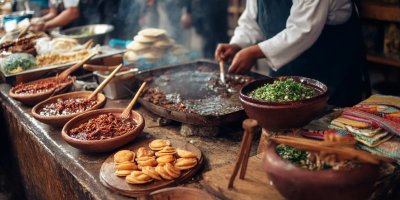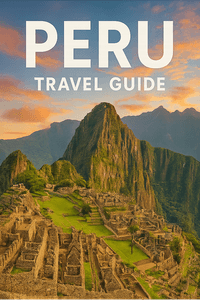Peru is renowned for its rich culinary heritage, and food preparation is an integral aspect of its culture. Traditional Peruvian cuisine incorporates a variety of ingredients, many of which are native to the region, resulting in unique flavors and dishes. When visiting Machu Picchu, you have the opportunity to not only explore ancient ruins but also to indulge in local delicacies.
In the Sacred Valley, local markets showcase an array of fresh produce, grains, and meats, highlighting the importance of farm-to-table practices. Many restaurants in the area prioritize using fresh, organic ingredients sourced from nearby farms. Ceviche, a dish made from fresh raw fish cured in citrus juices, is a must-try and showcases the freshness of local seafood.
While exploring Cusco, you can participate in cooking classes that teach you how to prepare traditional dishes, providing a hands-on experience of Peruvian culinary techniques. Learn about the significance of ingredients like quinoa, potatoes (of which there are thousands of varieties), and ají peppers, which are staples in the Peruvian diet.
Additionally, many meals are prepared using ancient techniques, such as the pachamanca, where meats and vegetables are cooked underground using hot stones. This method not only enhances the flavor but also connects diners to the region’s agricultural traditions.
When dining in Machu Picchu or Cusco, be sure to try alpaca meat, which is lean and flavorful, or sample local street food for an authentic experience. Always ask for recommendations from locals to find the best places to eat.
Before you travel, consider dietary restrictions and plan accordingly, as some local dishes may not cater to all preferences. Always stay hydrated, especially at high altitudes, and enjoy the vibrant flavors of Peru!






